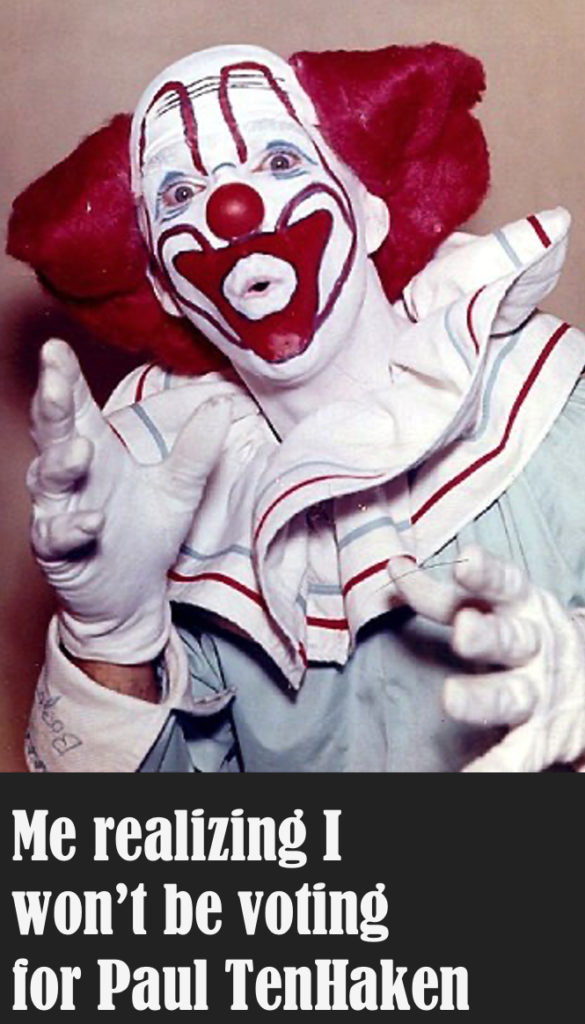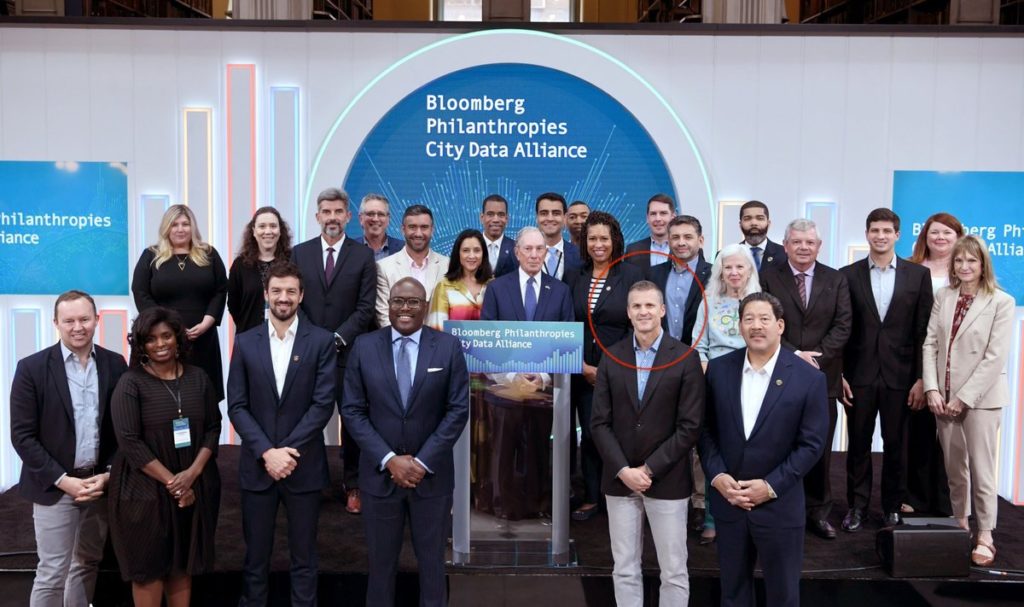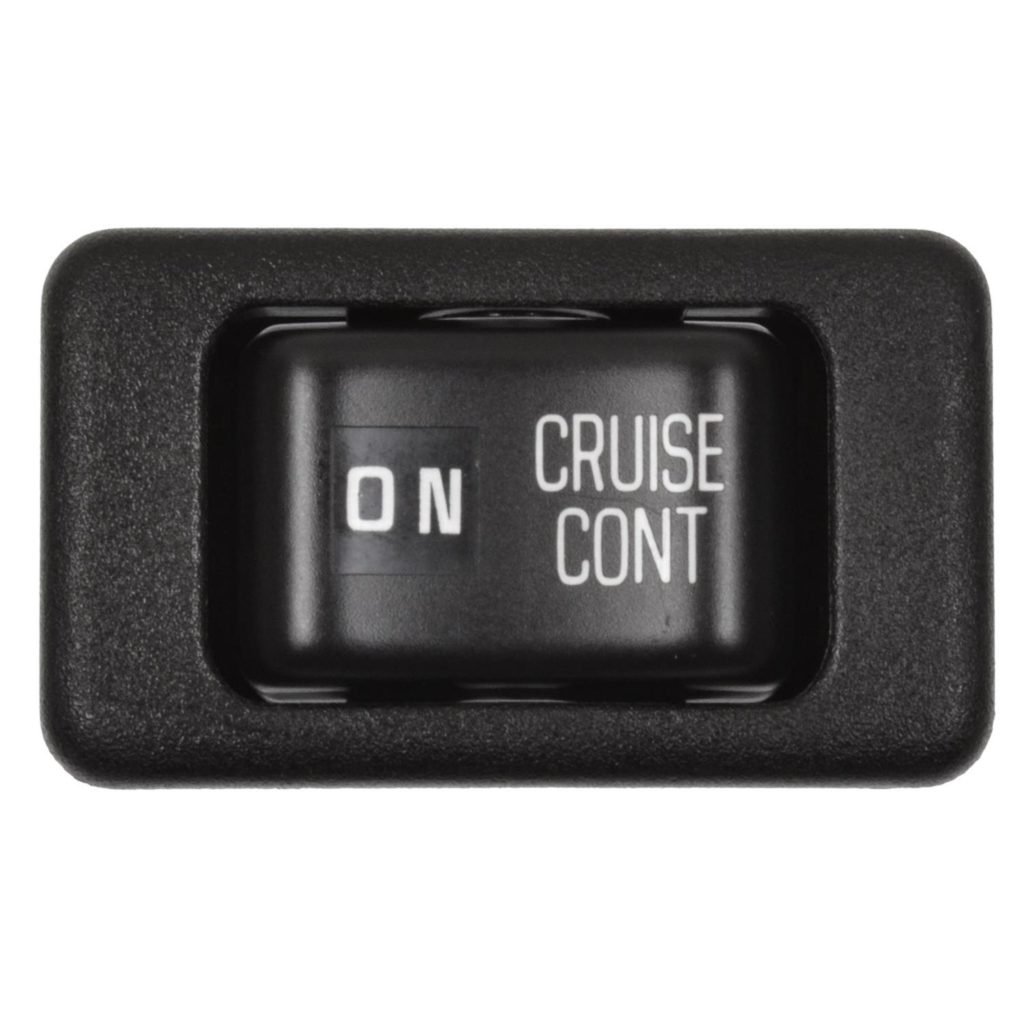UPDATE: Was former Sioux Falls city councilor Stehly lying?

UPDATE: It took almost 2 weeks to massage the numbers and hand them over to the safety of the Stormland TV news room;
The city of Sioux Falls secured a $166 million state revolving loan for its $215 million wastewater sewer expansion project, and that loan was based on sewer rates that exist today, said Jourdyn Brown, a communications official for the city’s public works department.
If you read the article you will see that we will be paying about $34 million in interest which brings the total cost of the project to $249 million (according to what the city is saying today). So it is NOT $300 million, but it certainly isn’t $200 million. This part is also revealing;
St. Louis-based McCarthy is the construction manager for the project or contractor at risk and includes a guaranteed maximum price (GMP) with an amendment.
A GMP is the most a contractor could charge for its portion of the project.
Uh, not quite, because according to GMP standards;
Contractors are responsible for any cost overruns beyond the maximum price unless there are changes to the project design or scope.
And this is how contractors on other city owned facilities have been able to go over the GMP, once the scope or design changes they can automatically tack on more. While I would be thrilled to death if we kept the project to $249 Million I have a feeling this is NOT the final number but I wouldn’t want anyone to think I was a liar.
———————-
We will get into the tit for tat in a minute, but first I was a little taken back when Paul said this about Stehly’s comments on the wastewater treatment plant;
“There are certain people that need to be responded to. When you stand up, especially as someone who has served in city government, and just spew inaccuracies and lies, I’m not just going to sit there and not respond to it,” he said. “So when you say our wastewater treatment plant has ballooned to $300 million — absolute lie. But when you say that, now you get people all riled up, that, ‘Whoa now we’re wasting money. What’s going on with TenHaken?’”
He is right about one thing, the city has been blowing money like crazy, that is nothing new, you know like $10 million for ‘landscaping and other stuff’ at the PRIVATE research facility. But to say Theresa was lying is a stretch. This is what Theresa said before Paul mocked her (item #51);
‘ . . . as I understand it could be closer to $300 million. I think there is cost overrides we don’t know about . . .’
First the obvious, Stehly hasn’t been in city government for several years and has no access to internal numbers so she made an assumption, an assumption any citizen would make based on the track record of the city and cost overruns.
So who is closer to the actual amount?
Remember a few years ago when the School District held a communist bloc school bond election? Leading up to the election the district was saying the bonds were $180 million. I pointed out to the District that the payoff amount would be $300 million and withholding that information from the public was a disservice to the taxpayers. Super Maher finally admitted that was the payoff amount.
According to reports when the water rec plant was first proposed in 2018 the estimated project cost was $159 million, by 2022 it ballooned to $205 million. Since then there has been numerous change orders to the project, in fact, in the past year the council even questioned one of the change orders that was around $400K and no one from public works bothered to show up to the meeting to answer questions.
While Paul may be right that the project cost may never hit $300 million it certainly won’t be $200 million. With inflation and material costs change orders will be common place and once we have to pay off those bonds we will be plenty north of $300 million. So while Stehly’s comments are not 100% accurate, they are not as far-fetched as we think.
But what bothers me more is that we have an administration that mocks people claiming they are ‘spreading lies’ but when we request the information we only hear crickets. I would love it if Lalley wrote a followup story of what the initial costs have been, the final price tag and the payoff amount. Let’s see who is LYING. If you are not going to be transparent and have an active policy of not responding to citizens at meetings you can’t get angry when former city councilors show up and question the process.
Paul believes in the tired old political stance that we need to keep information from the public because we don’t want them to ‘get riled up’.
As a local elected official says to me all the time, “If you are not going to tell me the truth I will just make up my own version of the story.” and while he is being sarcastic, he is correct, if you don’t tell the public what is going on they WILL make their own assumptions. If mis-information is being spread by the public, that is on you! The truth will always save you 🙂
Also, Paul’s mockery Tuesday night is something he has been doing for a long time. What is surprising is according to Robert’s Rules, the mayor can hand the gavel to the council chair and respond respectfully to anyone, instead he chooses to act like the kid who dropped his ice cream cone.
If Stehly is lying back it up with numbers not with crybaby rhetoric like this;
“Anybody who is listening should know that I’m frickin’ annoyed,” he said Wednesday. “This is not a circus, that shouldn’t be city government.
If you want the circus to end at the council meetings maybe stop acting like a clown?
“The Stehly days are done.”
. . . and in a few short years we all will be able to take a sigh of relief and say “The TenHaken days are done.”


